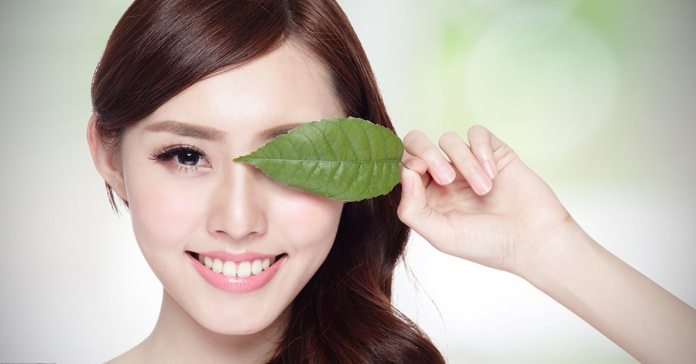Acne is a skin condition that is characterized by the presence of pimples, blackheads, and bumps on the skin which occur as a result of the dead skin and oil that clogs hair follicles. According to the American Academy of Dermatology, “Acne is the most common skin condition in the United States, affecting up to 50 million Americans annually.” Having acne can lead to permanent scarring, negative self-image, and anxiety. If you have acne-prone skin, caring for it in the right way can make all the difference. Here is a list of eight tips to care for acne-prone skin the right way.
1. Always Wash Gently

Gently wash the affected areas with warm water and mild soap. Don’t rub your face aggressively with loofahs and exfoliants as this may cause more damage to the skin. Don’t use harsh soaps like those with fragrances as they tend to dry out the skin. It is recommended that frequency of washing be determined by individual skin type and necessity.
2. Use Oil-Free Cosmetics And Creams

When using cosmetics or other products on your face, ensure that they are non-comedogenic. Non-comedogenic products ensure that your pores don’t get blocked and are suitable to use for all skin types. Using oil-free and water based moisturizers and sunscreens helps keep the skin hydrated and fresh.
3. Protect Your Skin When Exposed To The Harsh Sun

Sunlight exposure may be an excellent way to get your vitamin D but too much exposure may cause damage to the skin. Exposure to harsh sun for extended periods of time can cause aging, skin pigmentation, and in some cases may even cause skin cancer. Apart from these harmful effects of the sun, it can also worsen breakouts in people who are already prone to acne. Avoid stepping out into the harsh sun without protective clothing or sunscreen.
4. Avoid Using Products That Dry Out The Skin

Although people mostly associate oily skin to acne, dry skin can cause breakouts as well. When skin is dry, pores may get clogged with dead skin cells, dirt, and bacteria. Some cosmetic products tend to dry out skin. Using astringents, toners, and exfoliants excessively can cause damage to the skin. Aggressively rubbing your skin dry with a washcloth can also lead it to lose its moisture.
5. Avoid Touching The Affected Area Often

Touching the affected area with our hands is a sure way to spread bacteria. Avoid popping, squeezing, or scratching the breakouts as this may cause more damage and may lead to permanent scarring. In some cases, it may also lead to infection.
6. Don’t Sleep With Your Makeup On

Going to bed without taking your makeup off is a sure way to aggravate your breakouts. Clean your makeup brushes regularly as they can become a bacterial haven if you don’t. Use a mild facial cleanser before bed to ensure that your face is free of dirt, oil, dead skin cells, and any other potential impurities.
7. Wash Oily Hair Often

If you have oily hair, chances are the oil will find its way down to your face. Ensure that you wash your hair or keep it secured away from your face. Apart from having oily hair, if you have a dandruff condition, it is likely to trigger more breakouts in your face and body.
8. Incorporate Daily Relaxation Techniques

Your state of mind might just be a causative factor for your acne condition. Some research suggests that stress may cause breakouts in some individuals although further study is required to completely understand this effect. If this is the case, finding ways to incorporate relaxation techniques like yoga or meditation into your daily life may help resolve the issue.





